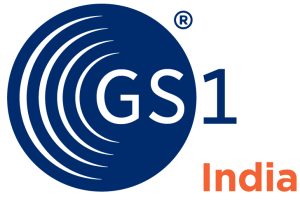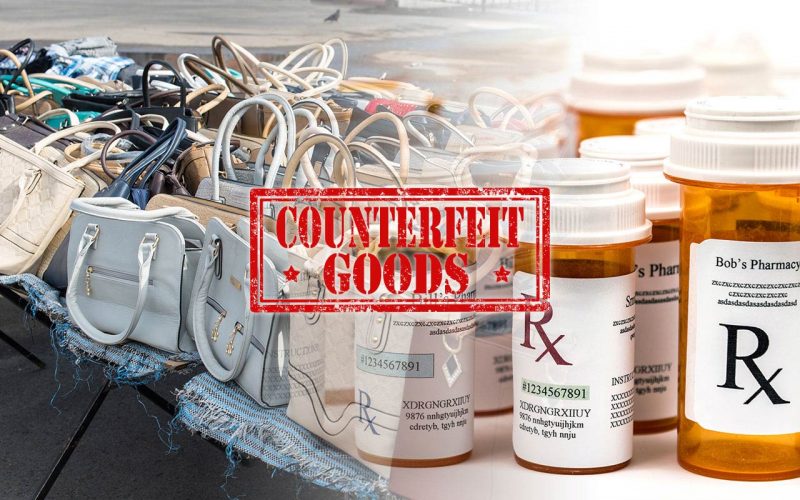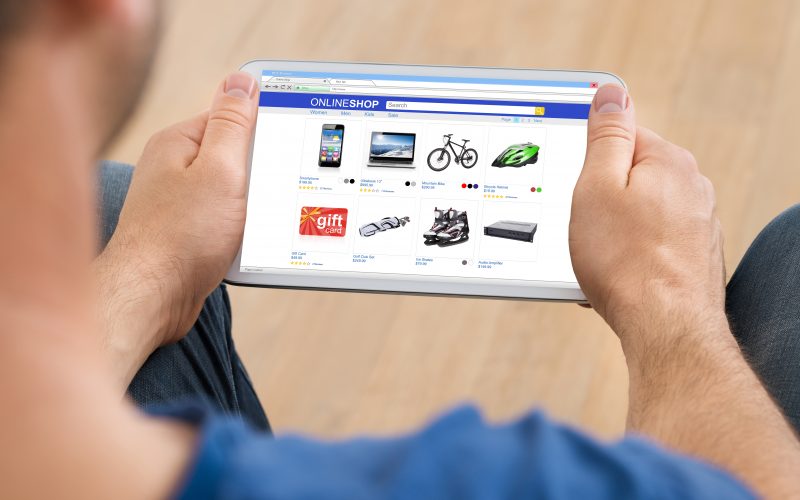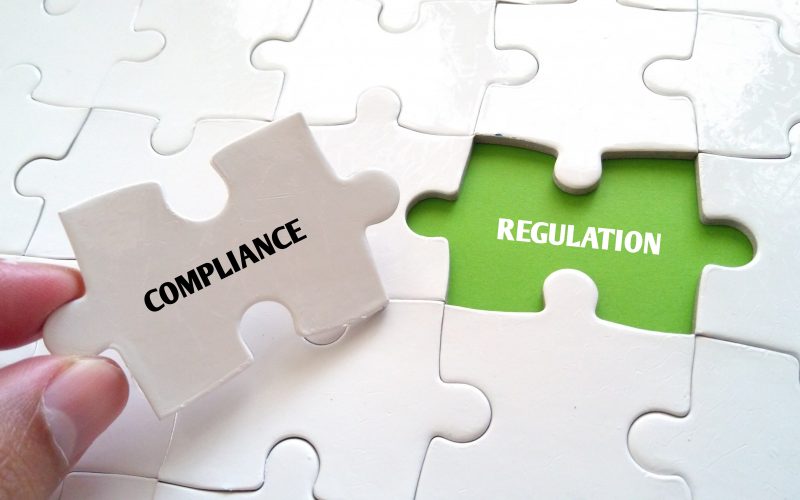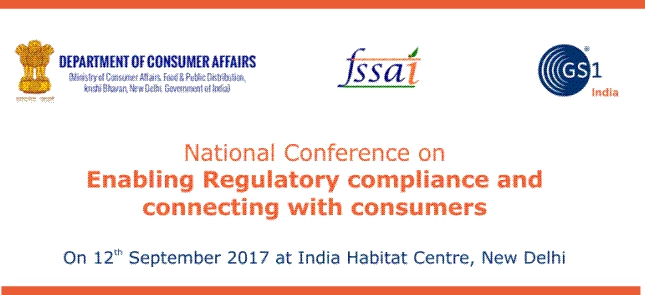According to the Global Brand Counterfeiting Report 2018, the amount of total counterfeiting in the global market had reached 1.2 Trillion USD in the year 2017 and was projected to reach 1.82 Trillion USD by 2020. You will be alarmed to know that even a country’s most crucial Defence products and equipment are counterfeited, let alone luxury goods and other high value items.
The same 2018 report also says that the online counterfeiting led to 323 Billion USD loss in the year 2017. If you are alarmed by the above-mentioned facts, then this article will throw some detailed light into and how can one curb counterfeiting.
What is Counterfeit?
Counterfeit is a burning issue in the world economic framework. But before we move forth, let’s understand what is counterfeit all about. Counterfeit products mean nothing but the presence of spurious products in the market. This is one of the biggest threats to the existing brand names.
People prefer picking up brands because brands provide higher quality of products and the value attached to the brand.
With upgraded technology, it has become easier to copy any brand with ease. The counterfeiting industry is expanding at such a pace that it is now a trillion-dollar threat to any business and or any brand.
Problems caused by counterfeiting
- Loss of sales revenue and profit margin: With the influx of cheap and exact replica of the real products, people fall for the same. The cheap price and easy availability of the same being the reasons, the existing original brands or businesses start losing on sales revenue and thus face a deficit a profit margin.
- Fraudulent product warranty claims: With fraudulent products comes fraudulent claims. The counterfeit products for obvious reasons are availed to the consumers at comparatively much cheaper rates because of the usage of compromised quality materials and poor-quality treatment. Thus, their longevity also gets compromised.
- Product liability claims: With counterfeiting comes no product liability claim. So, in case you encounter defective or damaged products. Or not getting adequate warnings or instructions regarding the product, or even the warranty, you do not have the option to the complaint and seek for the product liability claims. The reason being is that you cannot trace the origin of the counterfeit product. Traceability is a big problem with counterfeits.
- Damage of brand and product reputation: A common user cannot distinguish between original stuff and a counterfeited one. For him, a replica seems to be the original one. But when replicated products do not live up to the quality of the brand, the brand, and the product’s image get hampered. And most importantly, the customer’s faith in the brand gets shaken. Thus, the customer’s trust focus shifts from the existing brand to some other brand.
How does Traceability help?
With the intrusion of fake goods in the market, traceability can only help survive brands or even small-scale businesses. Traceability varies from product to product. Traceability is divided into two major segments; one is unit traceability and the other one is batch traceability. Unit traceability allows tracing of every single unit and batch traceability allows tracing of the entire batch. Every original brand, business, and the product uses a barcode on its product.
With Traceability system in place, brand owners can locate the entire batch of the product or any single product from the batch, from the supply chain and can take corrective measures if needed. GS1’s traceability provides a solution to such business problems. For more information, visit https://gs1india.org/content/traceability

